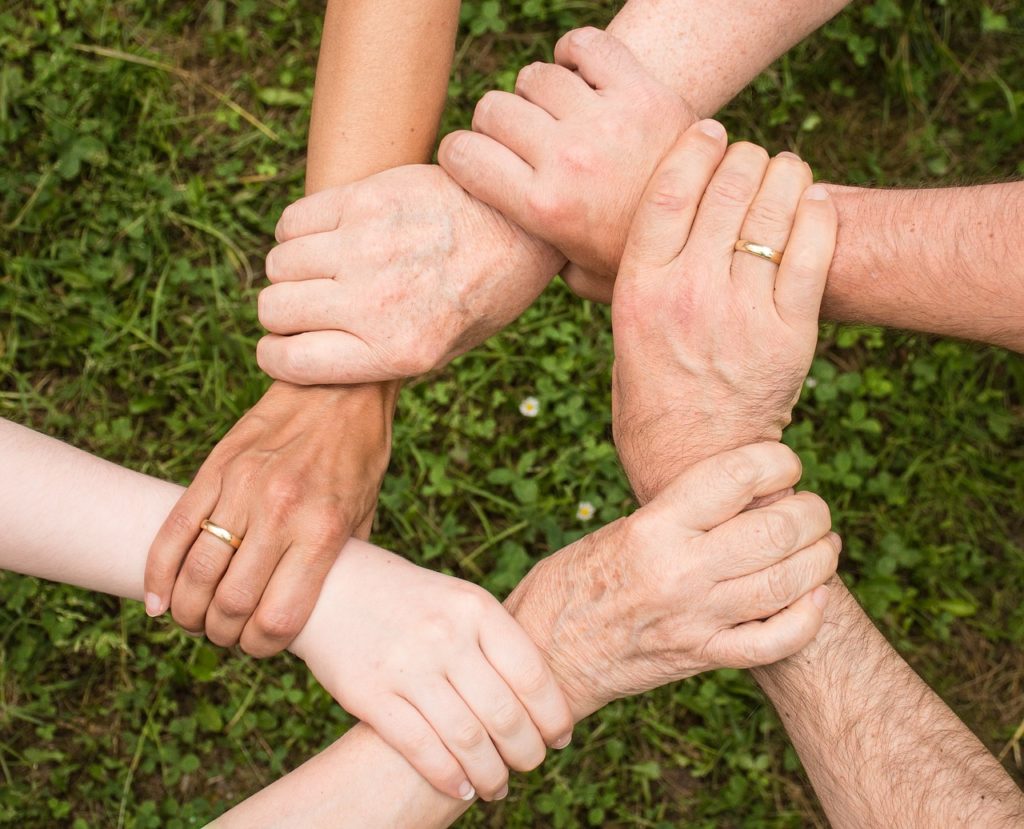Deadline: 8 May 2020
The Office of Citizen Exchanges of the Bureau of Educational and Cultural Affairs invites proposal submissions for the FY 2020 Community Solutions Program (Community Solutions) in Africa, East Asia and the Pacific, Europe and Eurasia, the Middle East and North Africa, South and Central Asia, and the Western Hemisphere.
Created in 2010, Community Solutions is a global initiative that supports engaged community leaders, ages 25-38, working to address economic, environmental, political, and social challenges confronting their local communities. Community Solutions Fellows will undertake a four- to six-month U.S.- based fellowship program in public institutions, government offices, state legislatures, social incubators, businesses, or non-profit organizations, working with seasoned community leaders on pre-defined substantive issues of mutual interest.
The program will include a robust on-line and blended leadership training component and assist participants in the design and implementation of post-fellowship projects in their home countries. The program will also support overseas travel for approximately 10-15 American hosts and program alumni to work with Community Solutions participants on community engagement projects.
As a global tool to address community-based challenges, the Community Solutions Program seeks to:
- facilitate and strengthen participants’ ability to lead collaboratively, address complex community challenges, and assume greater leadership roles in their institutions and communities;
- enhance participants’ leadership and technical skills by providing concrete tools and resources that facilitate collaborative, cross-sector leadership development, community engagement, civil discourse, effective communication, and effective project implementation and management;
- cultivate professional ties and sustained linkages with U.S. citizens and American institutions in ways that expand and strengthen the ability of the people of the United States and other countries to identify solutions to common challenges facing local and global communities; and,
- develop a global network of diverse, multi-disciplinary professionals and civic leaders committed to innovative problem solving and community engagement.
Themes
- Energy and Environmental Issues: Fellowships should focus on issues related to water and resource management, food security, supporting food supplies (at local, regional, or national levels) including locally sourced or community-based agriculture, social entrepreneurship (leveraging science and technology to address ecological and environmental issues), low-carbon technologies, renewable energy, reducing pollution, and the use of natural resources.
- Peace and Conflict Resolution: Fellowships should expose participants to models and strategies that support peace building, dialogue, multi-culturalism, anti-discrimination, inclusion, and conflict resolution.
- Transparency and Accountability: Fellowships should expose participants to programs, models, and/or institutions related to civic engagement, civic education, open and transparent systems, community organizing, civil liberties and human rights, participatory democracy, good governance, anticorruption efforts, ethics, accountability, press freedom, and/or fair elections.
- Women and Gender Issues: Fellowships should focus on issues related to women’s education, economic empowerment, health, and leadership. Under this theme, fellowships may also focus on issues related to gender and gender equality, preventing exploitation and abuse (including gender-based and domestic violence), and promoting new voices and alternatives to negative gender stereotyping.
Funding Information
- Approximate Total Funding: $2,500,000
- Award Ceiling: $2,500,000
- Approximate Number of Awards: One
- Anticipated Award Date: September 1, 2020
- Anticipated Project Completion Date: December 31, 2022
Participating Community Solutions Countries
- Africa: Botswana, Cameroon, Democratic Republic of Congo, Ethiopia, Ghana, Guinea, Kenya, Liberia, Malawi, Mozambique, Namibia, Rwanda, Sierra Leone, South Sudan, Sudan, Tanzania, Uganda, Zambia, and Zimbabwe.
- Europe and Eurasia: Albania, Bosnia-Herzegovina, Bulgaria, the Czech Republic, Estonia, Hungary, Latvia, Lithuania, Moldova, Montenegro, North Macedonia, Romania, Serbia, Slovakia, Turkey, and Ukraine.
- South and Central Asia: Bangladesh, Bhutan, Kazkahstan, Kyrgyzstan, Maldives, Nepal, Pakistan, Sri Lanka, Tajikistan, Turkmenistan, and Uzbekistan.
- East Asia and the Pacific: Burma, Brunei, Cambodia, Federated States of Micronesia, Fiji, Indonesia, Laos, Malaysia, Mongolia, Papua New Guinea, Philippines, Republic of the Marshall Islands, Singapore, Timor-Leste, Thailand, and Vietnam.
- Middle East and North Africa: Algeria, Bahrain, Egypt, Iraq, Israel, Jordan, Kuwait, Libya, Lebanon, Morocco, Oman, Qatar, Saudi Arabia, Syria, Tunisia, United Arab Emirates, and West Bank/Palestinian Territories.
- Western Hemisphere: Bolivia, Brazil, Colombia, Costa Rica, Dominican Republic, Ecuador, El Salvador, Guatemala, Haiti, Honduras, Jamaica, Paraguay, Peru, Trinidad and Tobago, and Uruguay.
Eligibility Criteria
- U.S. public and private non-profit organizations meeting the provisions described in Internal Revenue Code section 26 USC 501(c)(3) may submit applications for this competition.
- Applicants must have nonprofit status with the IRS at the time of application.
For more information, visit https://www.grants.gov/web/grants/view-opportunity.html?oppId=325276
